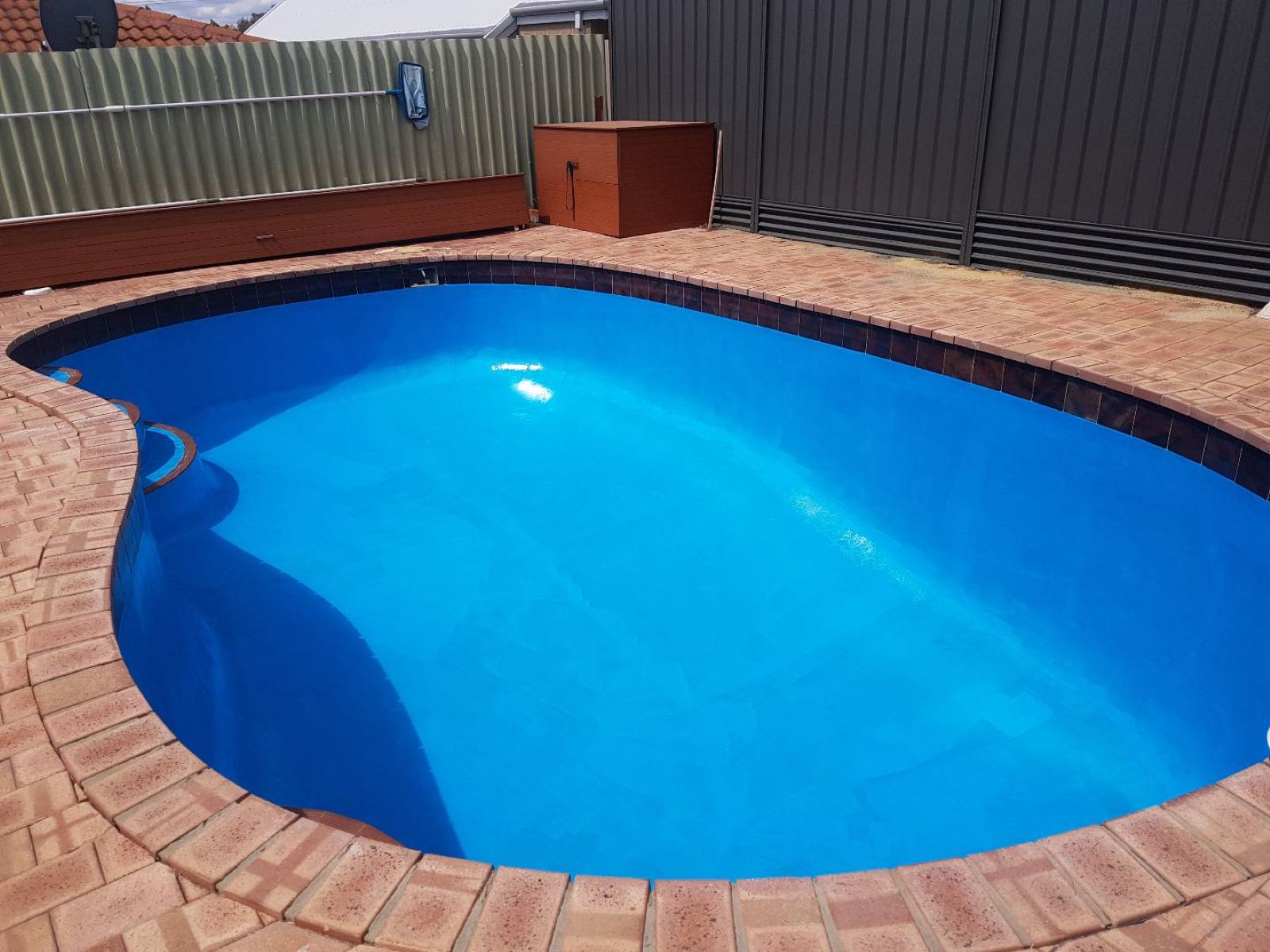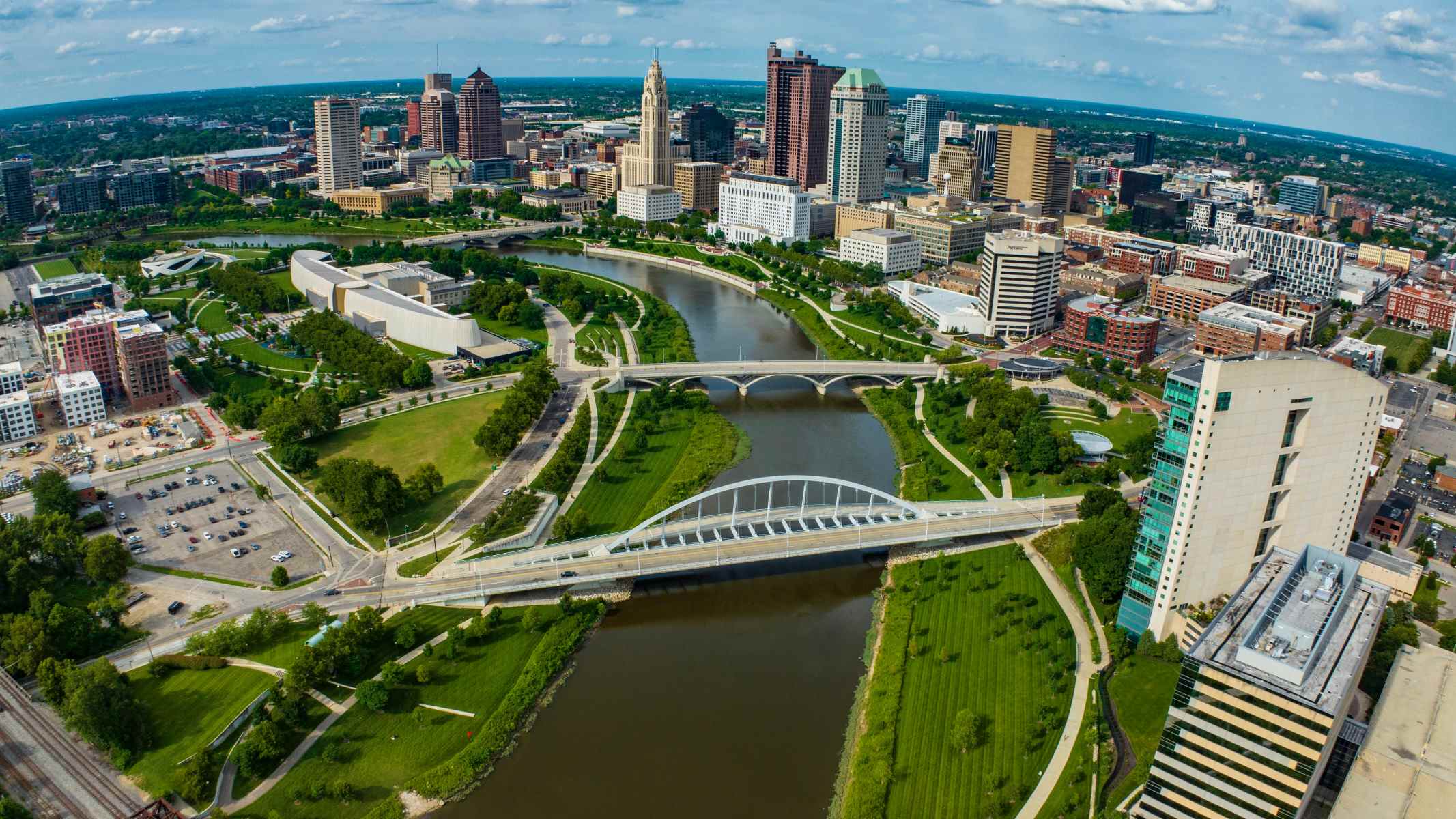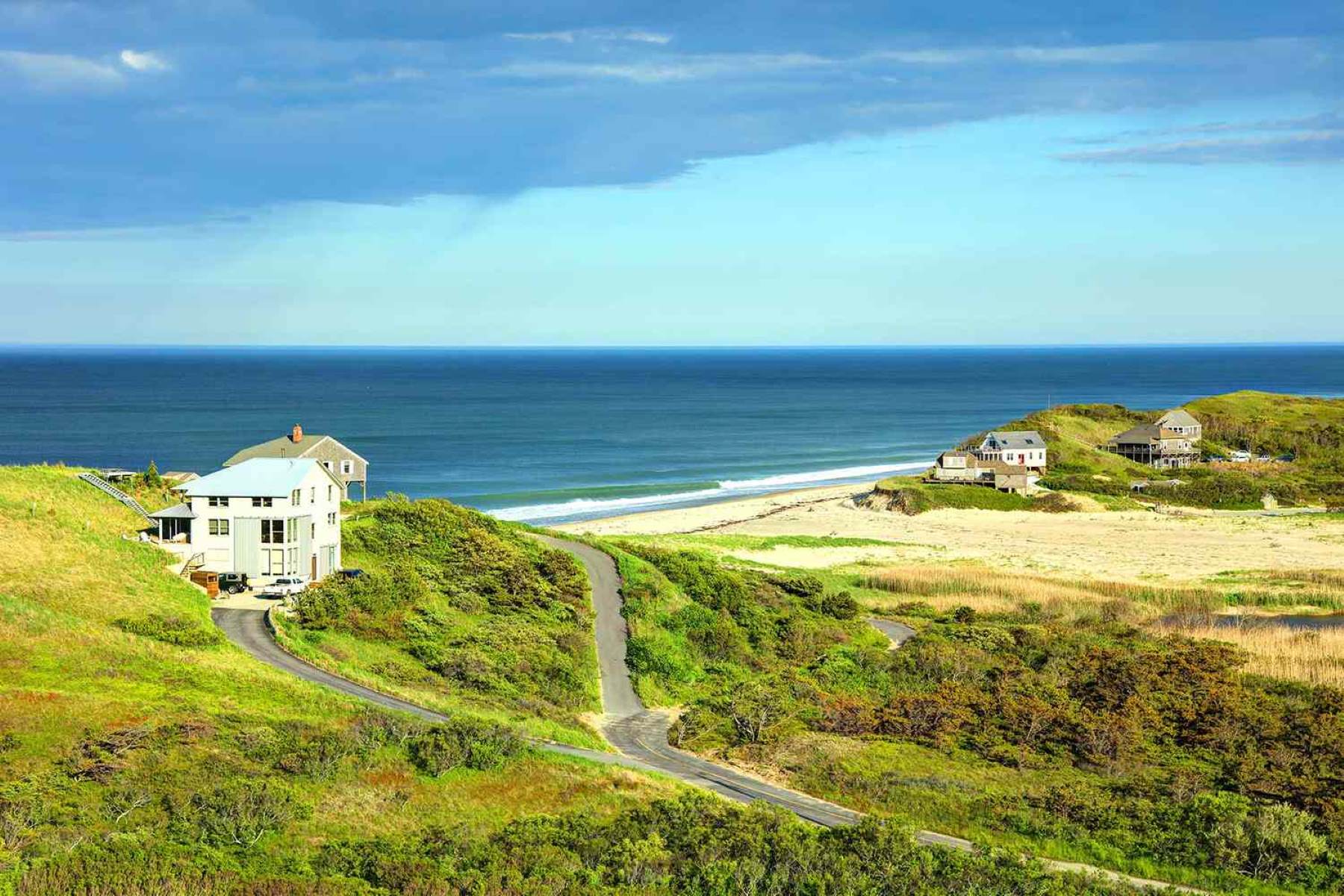Home>Travel and Places>The Pros And Cons Of Living In Montana: Is It The Perfect State For You?


Travel and Places
The Pros And Cons Of Living In Montana: Is It The Perfect State For You?
Published: January 17, 2024
Discover the pros and cons of living in Montana and find out if it's the ideal state for you. Explore its unique appeal and lifestyle. Ideal for travel and places enthusiasts.
(Many of the links in this article redirect to a specific reviewed product. Your purchase of these products through affiliate links helps to generate commission for Regretless.com, at no extra cost. Learn more)
Introduction
Montana, often referred to as "Big Sky Country," is a state renowned for its breathtaking natural landscapes, including the majestic Rocky Mountains, vast prairies, and numerous pristine lakes and rivers. With its abundant outdoor recreational opportunities, low population density, and strong sense of community, Montana has garnered attention as an appealing place to live. However, like any location, it comes with its own set of advantages and disadvantages. In this article, we will explore the pros and cons of living in Montana, providing a comprehensive overview to help you decide if this state is the perfect fit for you. Whether you're considering a move to Montana or simply intrigued by the idea of living in the Treasure State, understanding the various aspects of life in Montana will offer valuable insights into what to expect in this unique and captivating region.
Pros of Living in Montana
-
Spectacular Natural Beauty: Montana boasts some of the most awe-inspiring natural landscapes in the United States. From the rugged peaks of the Rocky Mountains to the vast expanses of pristine wilderness, the state offers a paradise for outdoor enthusiasts and nature lovers.
-
Outdoor Recreational Opportunities: Residents of Montana enjoy unparalleled access to a wide array of outdoor activities, including hiking, fishing, camping, skiing, and wildlife viewing. With numerous national parks and forests, as well as countless trails and waterways, Montana provides endless opportunities for adventure and exploration.
-
Low Population Density: Montana is one of the least densely populated states in the country, offering a sense of tranquility and space that is increasingly rare in today's world. This low population density contributes to a slower pace of life and a strong connection to the natural environment.
-
Strong Sense of Community: The people of Montana are known for their welcoming and tight-knit communities. Whether in small towns or larger cities, residents often find a strong sense of belonging and camaraderie, fostering a supportive and inclusive environment.
-
Quality of Life: The relaxed lifestyle, coupled with the abundance of outdoor recreational opportunities, contributes to a high quality of life in Montana. Residents can enjoy a healthy work-life balance and a strong connection to nature, leading to overall well-being and contentment.
-
Affordable Cost of Living: Montana offers a relatively affordable cost of living compared to many other states, particularly in terms of housing and utilities. This affordability can provide financial freedom and a higher standard of living for residents.
-
Rich Cultural Heritage: Montana's history and culture are deeply rooted in the traditions of Native American tribes, as well as the legacy of early explorers, settlers, and pioneers. This rich heritage is reflected in the state's museums, festivals, and events, providing residents with a profound appreciation for the past.
-
Thriving Arts and Entertainment Scene: Despite its rural character, Montana boasts a vibrant arts and entertainment scene, with numerous galleries, theaters, music venues, and cultural events. Whether it's attending a local art exhibit or enjoying a live performance, residents have access to diverse and enriching cultural experiences.
-
Clean and Fresh Air: Montana's wide-open spaces and relatively low industrialization contribute to clean, fresh air that is a welcome departure from the pollution often found in more urbanized areas.
-
Strong Educational Opportunities: Montana is home to several esteemed colleges and universities, providing residents with access to quality higher education and lifelong learning opportunities.
In summary, living in Montana offers a unique blend of natural beauty, outdoor recreation, community spirit, and cultural richness, making it an appealing choice for those seeking a fulfilling and enriching lifestyle.
Cons of Living in Montana
While Montana offers a myriad of appealing attributes, it is important to consider the potential drawbacks of living in the Treasure State. Understanding the challenges and limitations can provide a balanced perspective for individuals contemplating a move to this captivating region.
-
Harsh Winters: Montana is notorious for its harsh winter weather, characterized by heavy snowfall and frigid temperatures. While the winter landscapes can be stunning, the prolonged cold and snow can pose challenges for daily activities and transportation, requiring residents to adapt to the seasonal demands.
-
Limited Job Opportunities: In certain areas of Montana, particularly rural communities, job opportunities may be limited compared to more urbanized regions. This can present challenges for individuals seeking diverse career options and professional growth.
-
Distance from Urban Centers: Montana's vast size and low population density mean that access to major urban centers and amenities may require significant travel. Residents in remote areas may encounter longer commutes for specialized services, entertainment, and cultural experiences.
-
Sparse Healthcare Facilities: While Montana is home to reputable medical facilities, some rural areas may have limited access to healthcare services and specialists. This can be a concern for individuals requiring specialized medical care or emergency treatment.
-
Isolation and Solitude: The tranquil and spacious nature of Montana, while appealing to many, can lead to feelings of isolation for some individuals, particularly those accustomed to more densely populated and bustling environments.
-
Wildlife Encounters: Montana's abundant wildlife, including bears, mountain lions, and other large animals, can present safety concerns and require residents to be vigilant and knowledgeable about coexisting with wildlife.
-
Seasonal Tourism Impact: The state's popularity as a tourist destination, particularly during the summer months, can lead to increased traffic, crowded recreational areas, and heightened demand for services, impacting the daily lives of residents in certain areas.
-
Limited Diversity in Population: Montana's population is predominantly homogenous, which may result in limited diversity and cultural representation in some communities, potentially impacting the social experiences of residents from diverse backgrounds.
-
Natural Disaster Risks: Montana is susceptible to natural disasters such as wildfires and floods. While these occurrences are not unique to Montana, residents must be prepared to address the associated risks and challenges.
-
Challenges of Rural Living: For individuals accustomed to urban conveniences, the transition to rural living in Montana may require adjustments in terms of access to services, infrastructure, and social opportunities.
In essence, while Montana offers an array of natural and cultural riches, it's important to acknowledge the potential challenges associated with living in this remarkable state. By weighing the pros and cons, individuals can make informed decisions that align with their lifestyle preferences and priorities.
Conclusion
In conclusion, Montana presents a compelling tapestry of advantages and considerations for those contemplating a move to the state. The remarkable natural beauty, abundant outdoor recreational opportunities, low population density, strong sense of community, and affordable cost of living stand as prominent attractions for prospective residents. The state's rich cultural heritage, thriving arts and entertainment scene, clean air, and strong educational opportunities further contribute to its allure.
However, it's essential to recognize the potential challenges associated with living in Montana, including harsh winters, limited job opportunities in certain areas, distance from urban centers, sparse healthcare facilities in rural regions, feelings of isolation for some individuals, wildlife encounters, seasonal tourism impact, limited diversity in population, natural disaster risks, and the adjustments required for rural living.
Ultimately, the decision to live in Montana hinges on individual preferences, priorities, and adaptability. By carefully weighing the pros and cons, individuals can gain a comprehensive understanding of what to expect in this captivating state. Whether drawn to the unparalleled natural landscapes, seeking a strong sense of community, or pursuing a more serene and fulfilling lifestyle, Montana offers a distinctive blend of opportunities and considerations.
For those captivated by the prospect of living amidst breathtaking vistas, embracing a close-knit community, and immersing themselves in the wonders of nature, Montana may indeed hold the promise of a fulfilling and enriching life. Conversely, individuals must also be prepared to navigate the unique challenges and adjustments that come with residing in this remarkable region.
In essence, the decision to make Montana home involves a thoughtful evaluation of personal preferences, career aspirations, lifestyle expectations, and adaptability to the state's distinct characteristics. By embracing the opportunities and considering the potential challenges, individuals can embark on a journey that aligns with their vision of a fulfilling and harmonious life in the expansive and captivating landscapes of Big Sky Country.















